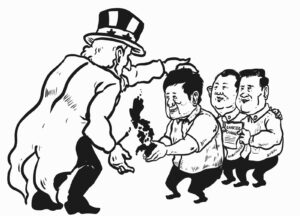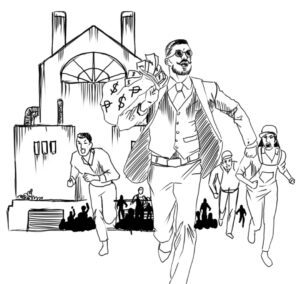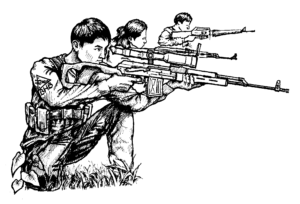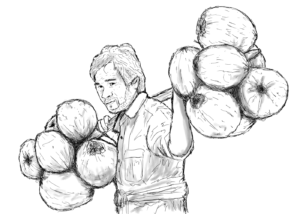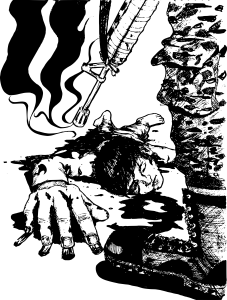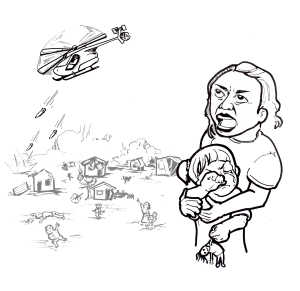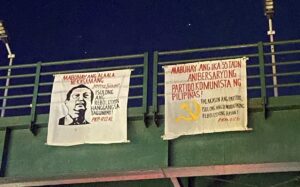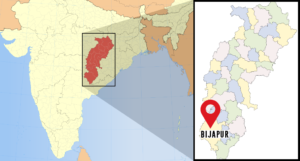Conflicts among the ruling factions leading towards violent clash

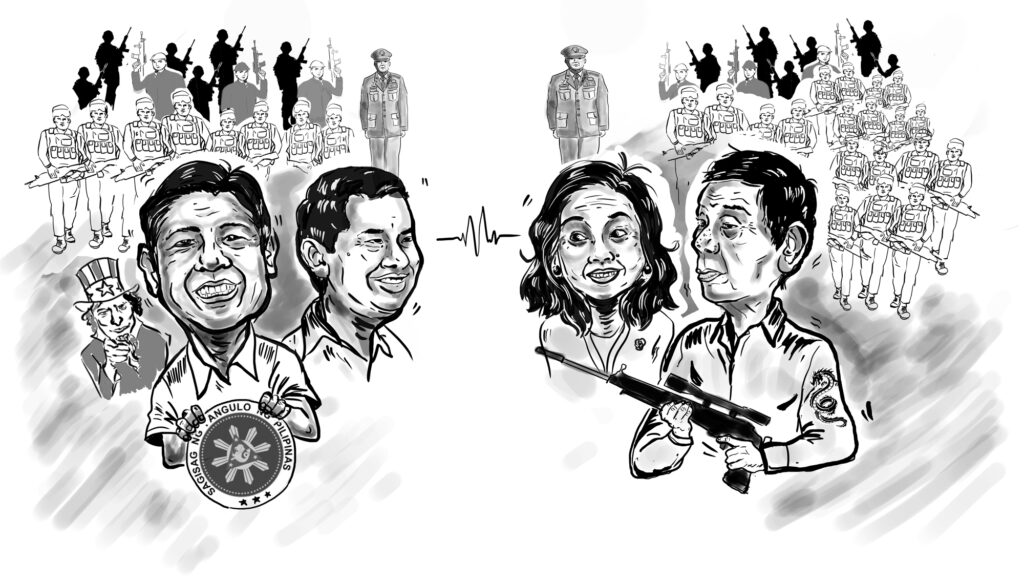
It was confirmed that International Criminal Court (ICC) personnel arrived in the Philippines to investigate the crimes against humanity case filed against Rodrigo Duterte and his accomplices. According to the lawyers of the victims, the investigation against Duterte is complete. The investigation into other named accomplices, including his daughter and current vice-president Sara Duterte, is also almost complete. It is probable that the court will issue an arrest warrant this year.
The court quietly conducted the investigation despite earlier repeated statements by the Marcos regime that it would not allow the ICC to enter the country. Earlier, the regime said it would “study” a resolution in Congress aimed at clarifying the status of the Philippines after it withdrew membership from the court in 2018.
These are part of Marcos’ steps to undermine the political and economic power of the Duterte clique, completely dissolving the alliance they formed during the last election. These are related to the US-Marcos regime’s initiatives to counter and push back China’s influence in the Philippines, in accordance with US dictates.
Since the end of its term, the Duterte clique has been relentlessly maneuvering to preserve its own political and economic interests. In the face of its dwindling power, it made numerous political maneuvers and schemes, including the plan to oust Ferdinand Marcos Jr. from power.
Duterte is mobilizing the generals he has enriched during his term to urge their men to “withdraw support” from the ruling faction.
In the last months of 2023, rumors circulated about the Duterte group’s preparation for a destabilization plan to oust Marcos from power through a coup. Officials close to Gloria Arroyo’s camp were also involved in the call to “withdraw support” from Marcos. There is information that the Duterte group allocated one billion pesos for this plan. Its main operator is former Col. Nicanor Faeldon, an official assigned by Duterte to the Bureau of Customs.
The Marcos clique actively thwarted these plans by further bribing the mercenary military to buy the loyalty of the generals. It withdrew plans to collect pension contributions, and set longer terms for appointed military chiefs to accommodate the generals’ desire to alternate among powerful positions and receive larger retirement bonuses. In collusion with the US, Marcos consolidated his hold on the military by pouring funds for the “modernization” of the AFP and the “repair” of facilities and camps. Such preparation also serves the permanent basing of US troops and military equipment in the country.
At the behest of the US, the Marcos regime revived the Counterintelligence Group (CIG) within the AFP on January 11. The CIG was a special unit set up in 1989 to counter coups launched against Corazon Aquino. According to the AFP, in addition to countering destabilization plans, it will also act against “infiltration, espionage and sabotage.”
Marcos is constantly putting pressure and depriving the Dutertes and Arroyo of power using Congress led by his cousin Martin Romualdez. At the same time, Marcos cancelled the large infrastructure contracts which the Duterte regime forged with the Chinese government and businesses.
The open rivalry between the Marcos, Arroyo and Duterte factions shows that the conflicts between the ruling factions have become irreconcilable. Sooner or later, the clash of these groups will lead to armed conflict. This reflects the depth of the economic and political crisis of the ruling semicolonial and semifeudal system resulting in the shrinking of the loot to be shared among greedy for wealth and power-hungry factions.

